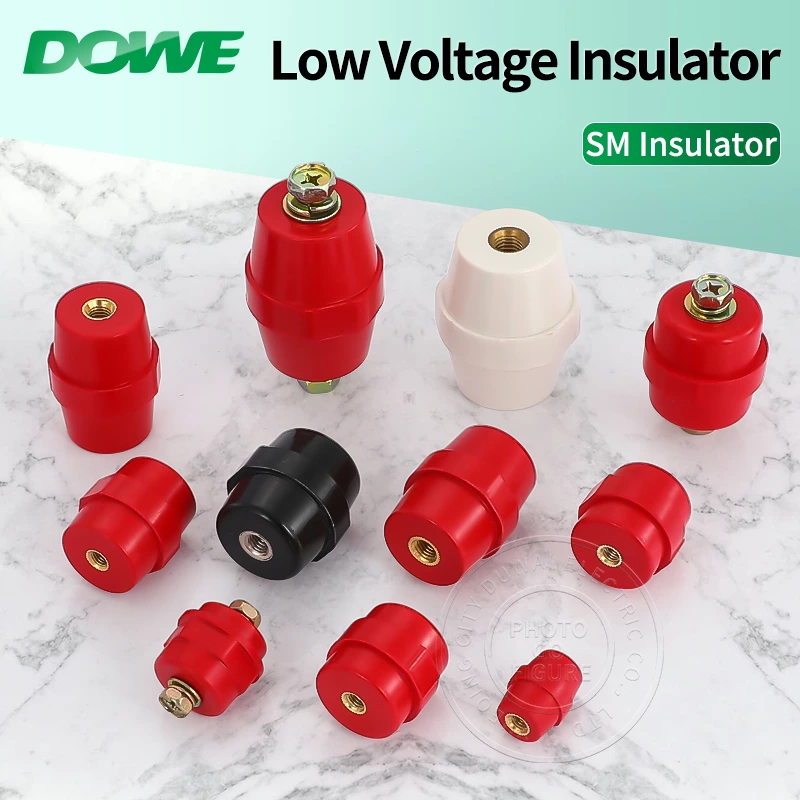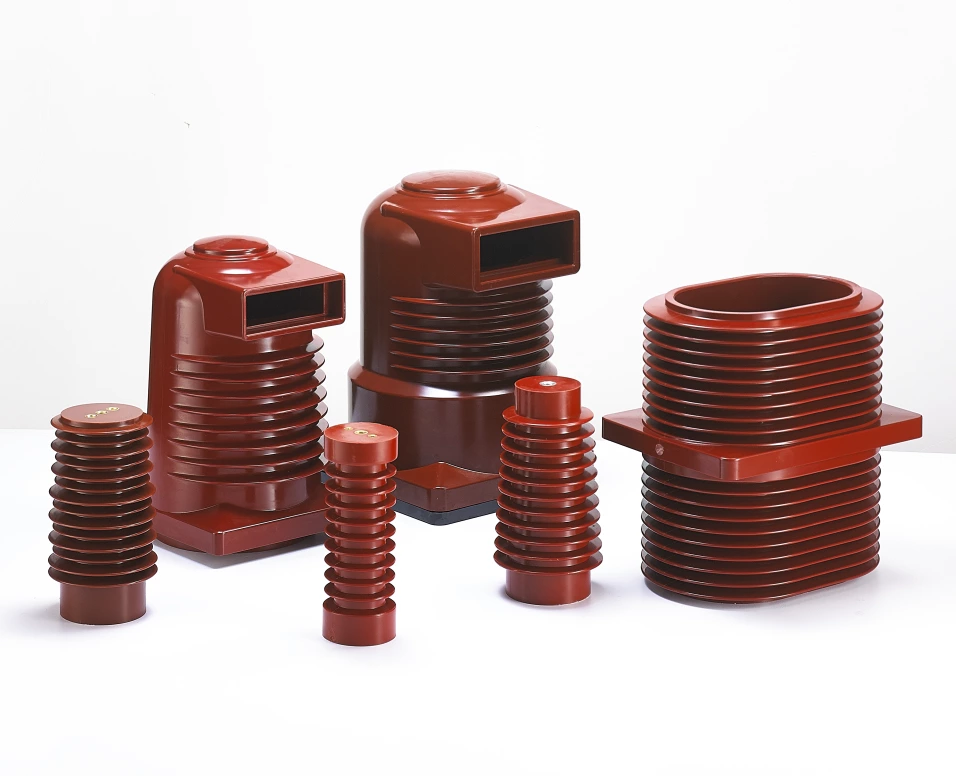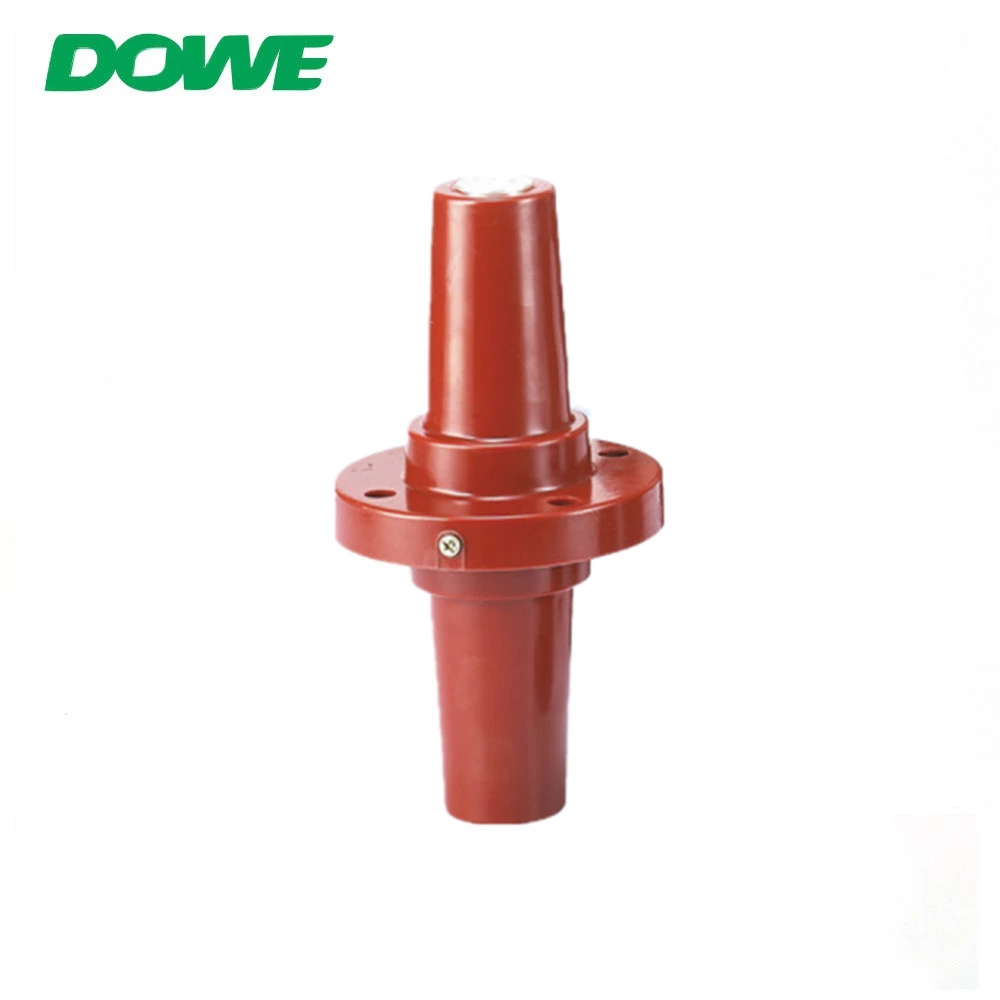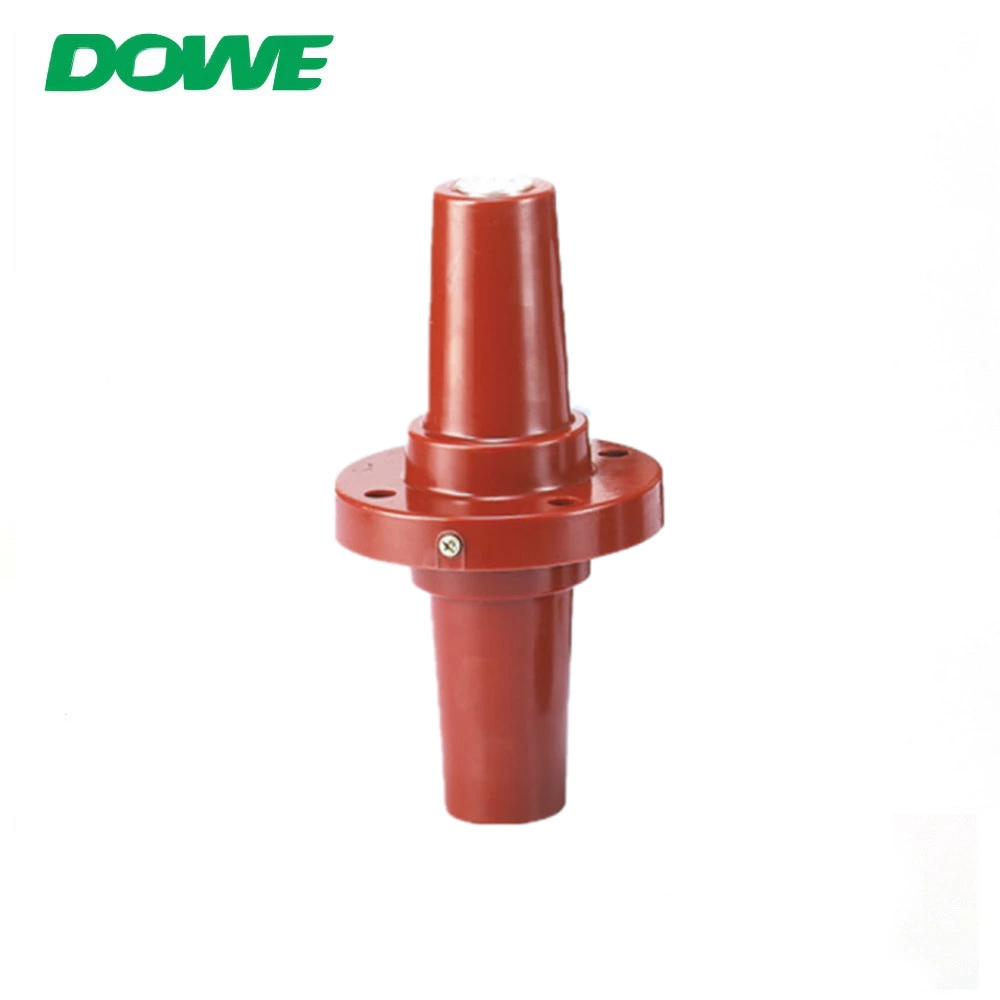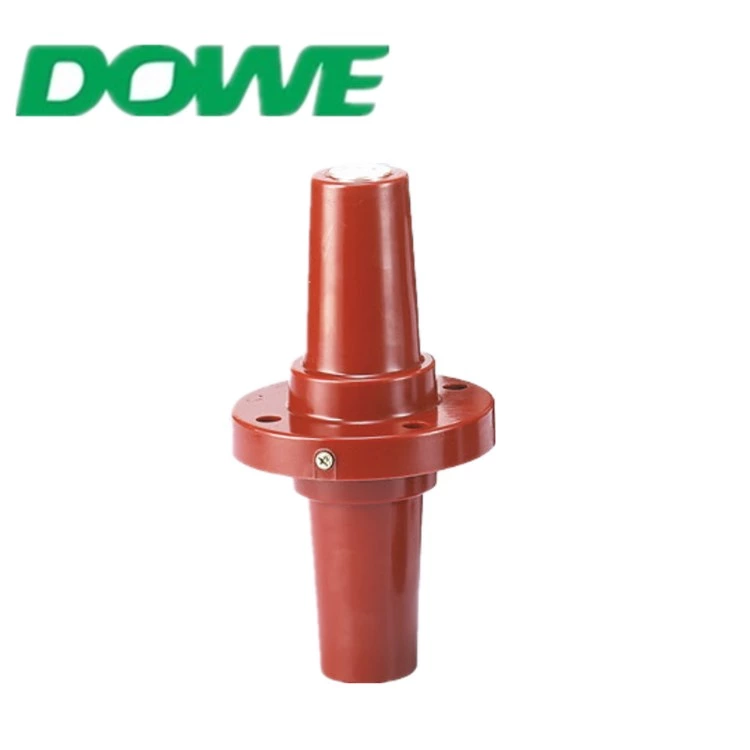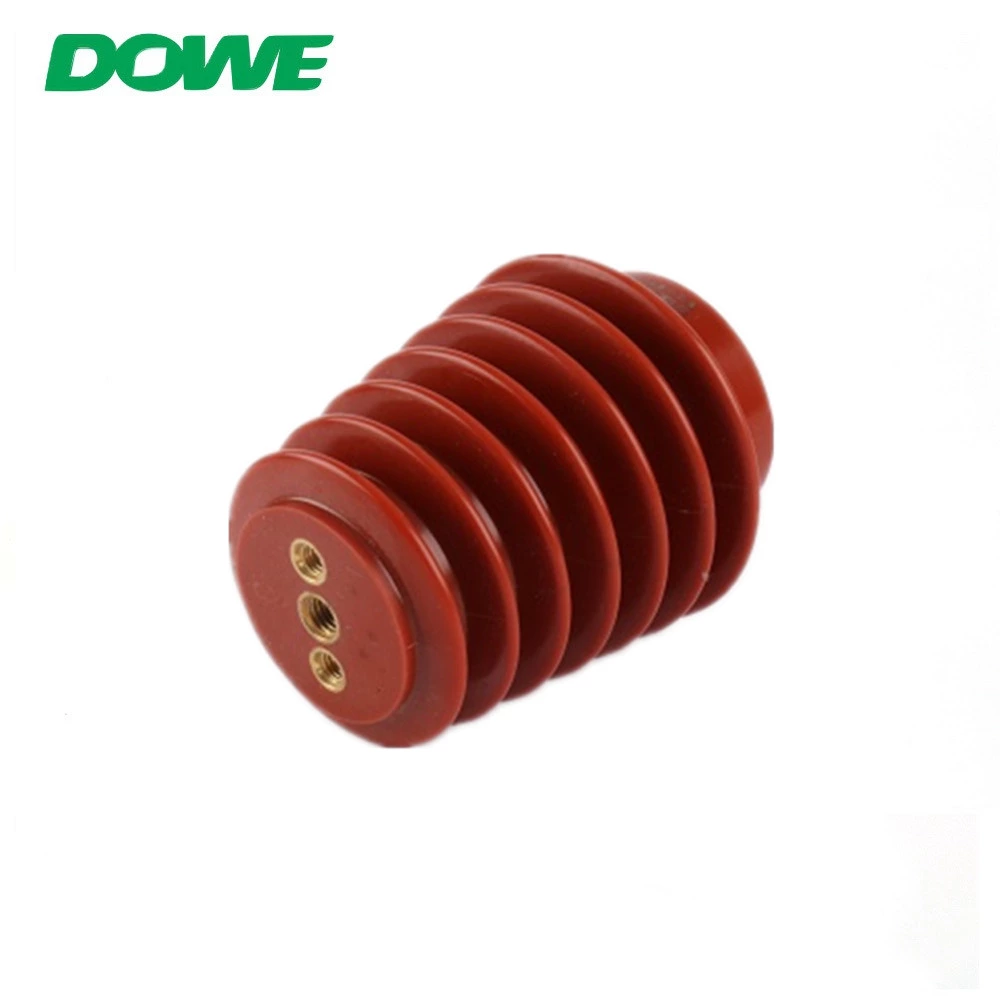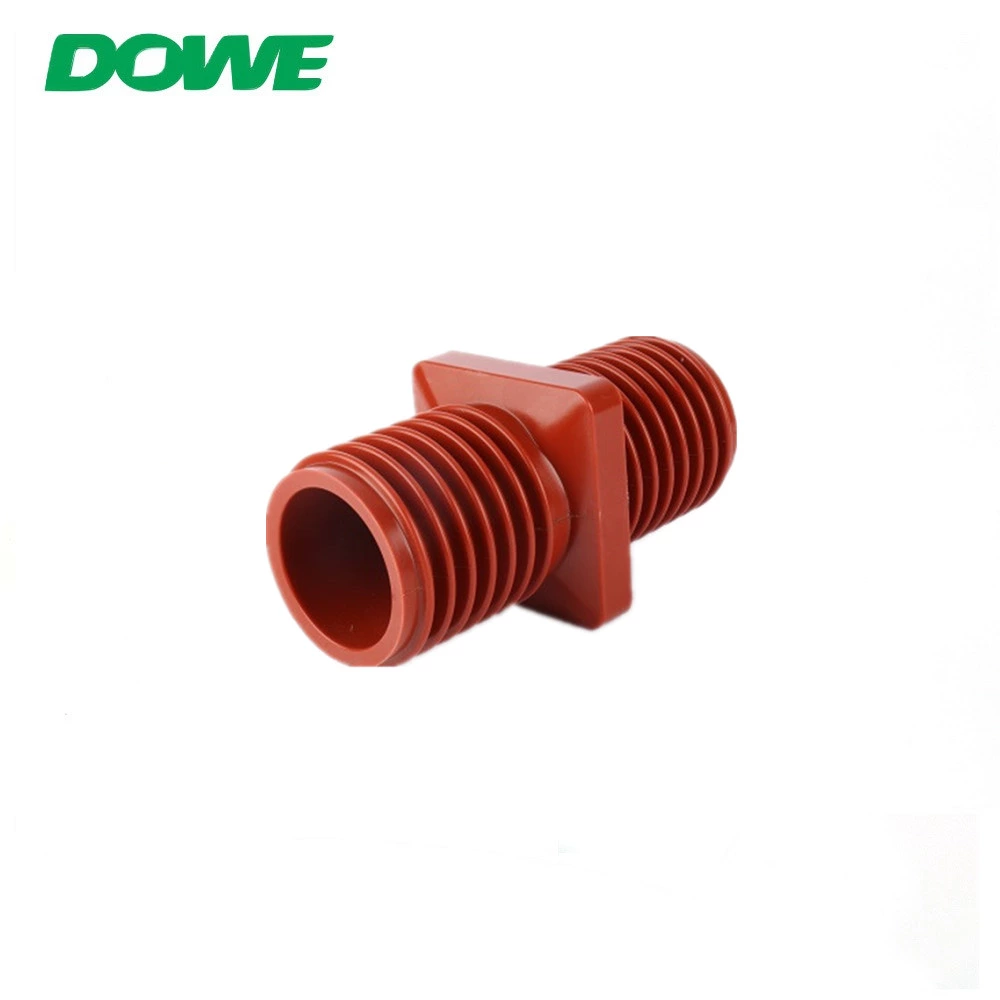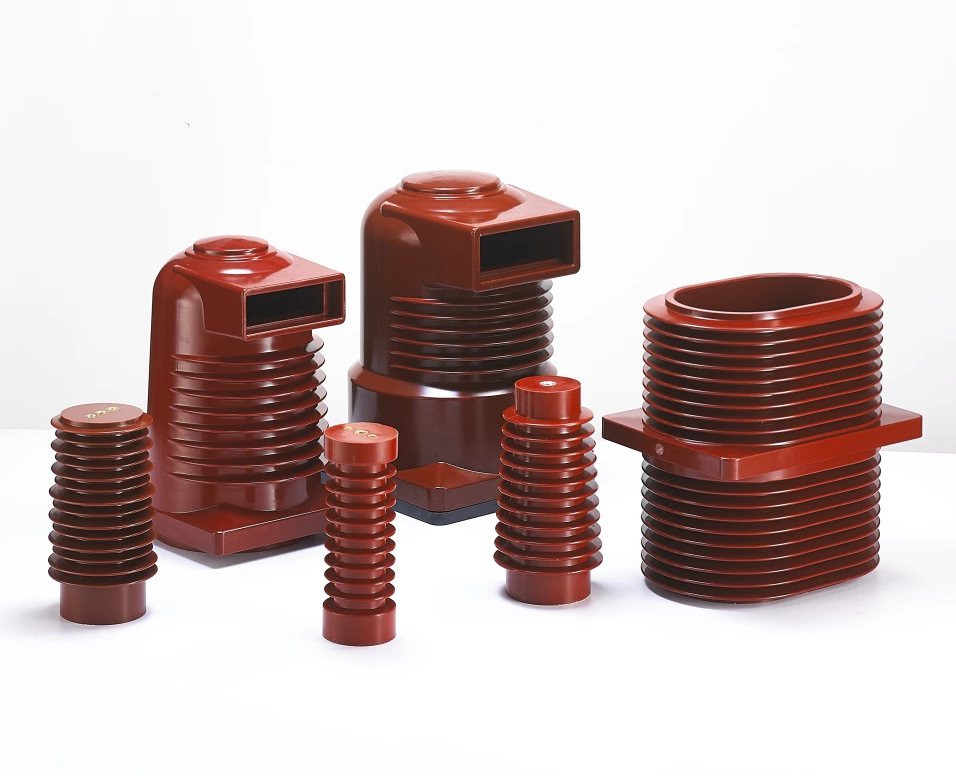How to Compare Busbar Insulator Specifications to Ensure You Get the Right Product?
When you're sourcing busbar insulators, choosing the right one can feel overwhelming. With countless specifications and requirements, it’s easy to make a mistake that impacts performance and safety.
To compare busbar insulator specifications effectively, focus on material composition, certification standards, and mechanical properties.
Let’s explore how to systematically evaluate these key aspects so you can make an informed decision.
[Table of Contents]
- Why is material composition the foundation for choosing the right busbar insulator?
- How can certification standards validate product reliability?
- What role do mechanical properties play in determining compatibility?
- How to streamline the selection process through supplier communication?
- What are common pitfalls in comparing busbar insulator specifications?
- Conclusion
Why is material composition the foundation for choosing the right busbar insulator?
Material composition1 directly affects performance and durability. Different materials offer unique advantages depending on the application.
Choose materials based on electrical insulation strength, thermal resistance, and durability under operational stress.

Dive Deeper: Common material types and their applications
The most common materials for busbar insulators include epoxy resin, porcelain, and thermoplastics. Here's a quick comparison:
| Material | Electrical Strength | Heat Resistance | Durability | Common Applications |
|---|---|---|---|---|
| Epoxy Resin | High | Moderate | High | High-voltage systems |
| Porcelain | Very High | High | Very High | Outdoor insulators |
| Thermoplastics | Moderate | Low | Moderate | Low-voltage applications |
Porcelain is preferred for harsh environments, while thermoplastics are cost-effective for less demanding conditions.
Tip:
Match the material to your system's voltage and environmental conditions. For example, epoxy resin works best in controlled environments but struggles in extreme heat.
How can certification standards validate product reliability?
Certifications2 provide assurance that the product meets international safety and performance criteria. Ignoring certifications may expose your system to failures and compliance issues.
Look for certifications like IEC 60168, ISO 9001, or ANSI C29.7 to confirm quality and compatibility.
Dive Deeper: Breaking down essential certifications
Understanding certification labels can be daunting. Here's what some major standards mean:
- IEC 60168: Ensures electrical and mechanical reliability under high-voltage conditions.
- ISO 9001: Indicates consistent manufacturing quality processes.
- ANSI C29.7: Addresses U.S.-specific standards for porcelain insulators.
Why it matters:
For international applications, certifications help avoid legal or functional issues during export and installation. Always request certificates directly from the supplier.
Red flag to watch for:
Counterfeit certifications are common. Verify documents with the issuing authority or conduct sample testing with a third-party lab.
What role do mechanical properties play in determining compatibility?
The insulator must withstand mechanical stress from electrical loads, environmental forces, and operational wear.
Evaluate parameters like tensile strength, compression resistance, and torque tolerance3.

Dive Deeper: Key mechanical properties to compare
- Tensile Strength: Indicates resistance to pulling forces.
- Compression Resistance: Essential for heavy-duty applications.
- Torque Tolerance: Prevents damage during installation and tightening.
Example:
If you're sourcing for a renewable energy system, insulators with high tensile strength and torque tolerance are critical for withstanding wind loads.
Quick checklist:
- Request technical data sheets (TDS) from suppliers.
- Test for performance in simulated conditions if possible.
Hidden costs:
Failing to consider these properties can lead to operational failures and costly downtime.
How to streamline the selection process through supplier communication?
Effective communication with suppliers ensures you get the right product specifications tailored to your needs.
Ask for detailed product catalogs, material samples, and certification documentation before placing an order.
Dive Deeper: Best practices for supplier vetting
- Request prototypes: Test a small batch before full-scale procurement.
- Check past client reviews: Reliable suppliers often have positive feedback from international buyers.
- Evaluate responsiveness: Quick replies indicate better post-sale support.
Personal insight:
I once worked with a supplier who promised high-quality insulators but failed to provide authentic certifications. Since then, I insist on third-party verification before finalizing orders.
Key questions to ask:
- What certifications does your product meet?
- Can you provide customized designs for specific applications?
- What is the lead time for bulk orders?
What are common pitfalls in comparing busbar insulator specifications?
Even experienced buyers can fall into traps like over-prioritizing price or neglecting long-term performance factors.
Avoid the temptation to choose low-cost options without verifying quality, certifications, and durability.
Dive Deeper: How to balance cost and quality?
Cost is a significant factor, but it should not compromise essential features. Here's how to strike a balance:
| Priority | What to Consider | Trade-off to Watch for |
|---|---|---|
| Low Cost | Basic models for low-stress | May lack advanced certifications |
| High Quality | Premium materials, certifications | Higher upfront cost |
| Customization | Tailored designs | Longer lead times |
Expert tip:
Use total cost of ownership (TCO) to evaluate options. This includes upfront costs, maintenance, and operational lifespan.
Lessons learned:
One customer I worked with initially opted for cheaper insulators. Within a year, they faced repeated breakdowns, leading to higher expenses than a quality option would have cost.
Conclusion
Comparing busbar insulator specifications requires a focus on material composition certifications, and mechanical properties. Take the time to assess these factors and communicate effectively with your supplier for the best results.
-
Learn how different materials affect busbar insulator performance, helping match the right material to specific needs. ↩
-
Understand the key certifications for busbar insulators to ensure safety, performance, and compliance. ↩
-
Compare mechanical properties like tensile strength and torque tolerance to select the best insulator for your application. ↩

